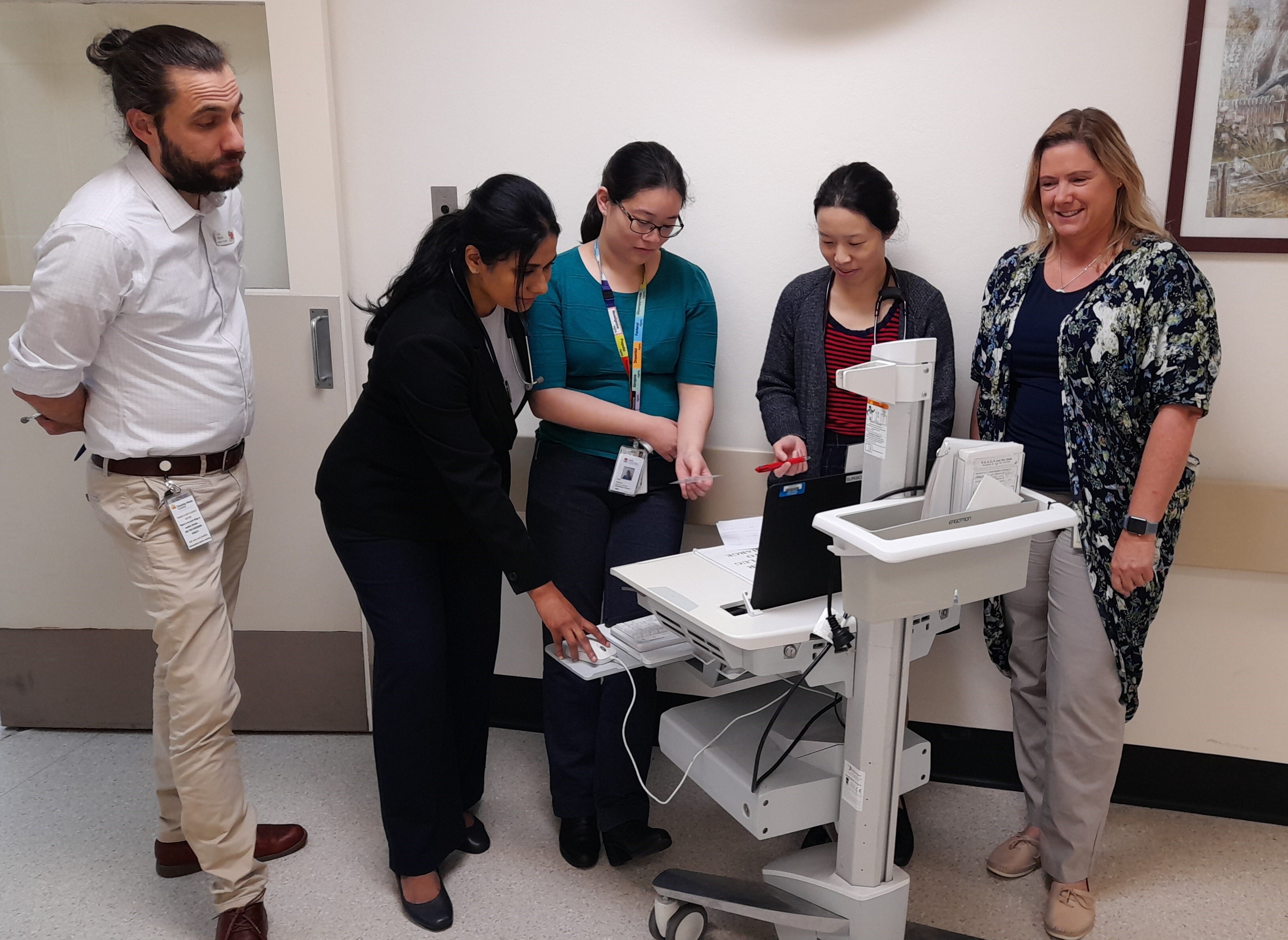Featured Stories
Shellharbour Hospital: Supporting JMOs to Choose Blood Tests Wisely
Blood tests ordered that do not provide information that change treatment or patient outcomes are unnecessary, bring inconvenience for patients, increase medical staff workload, and add extra costs. As part of their Choosing Wisely work, Shellharbour Hospital has introduced an education program to support junior medical officers (JMOs) choosing blood tests wisely.
Stewardship toolkit for clinical educators
The Health Resource Stewardship for Clinical educators contains educational material about the Choosing Wisely initiative for use in universities, hospitals and health professional colleges
5 Questions
5 questions to ask your doctor or other healthcare provider to make sure you end up with the right amount of care.
